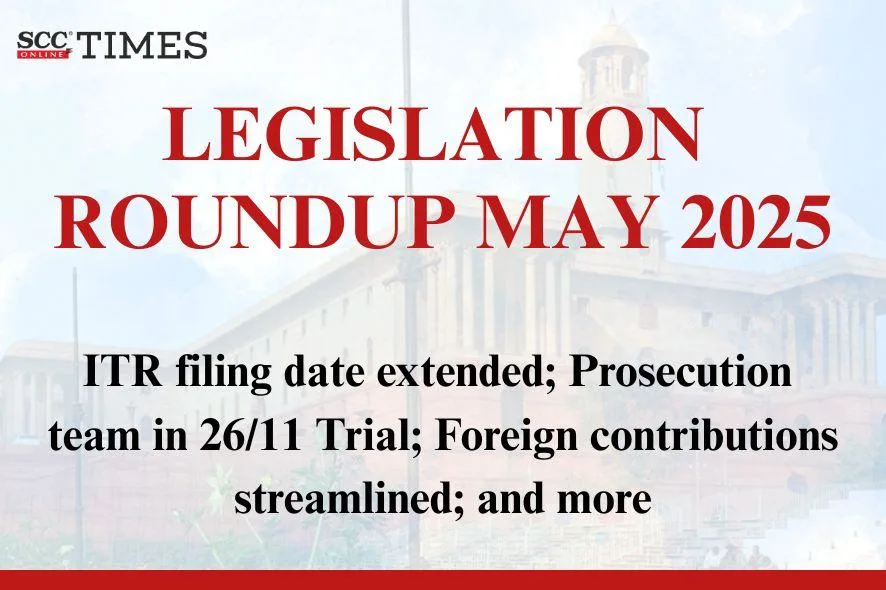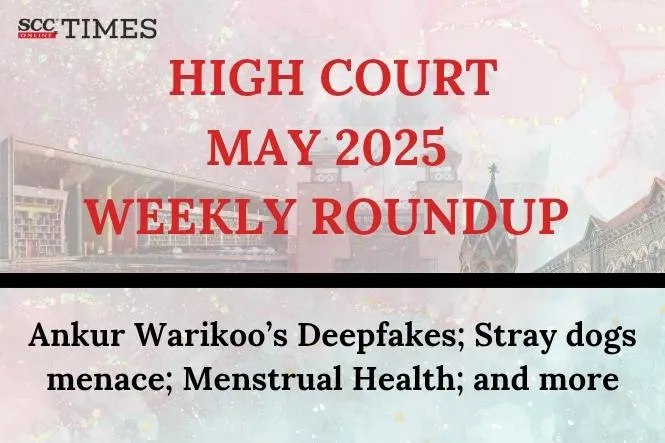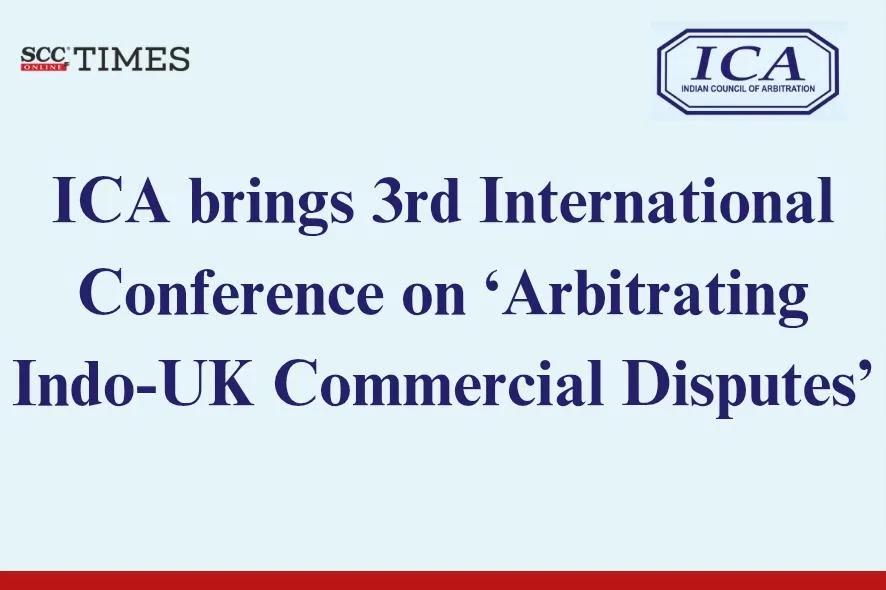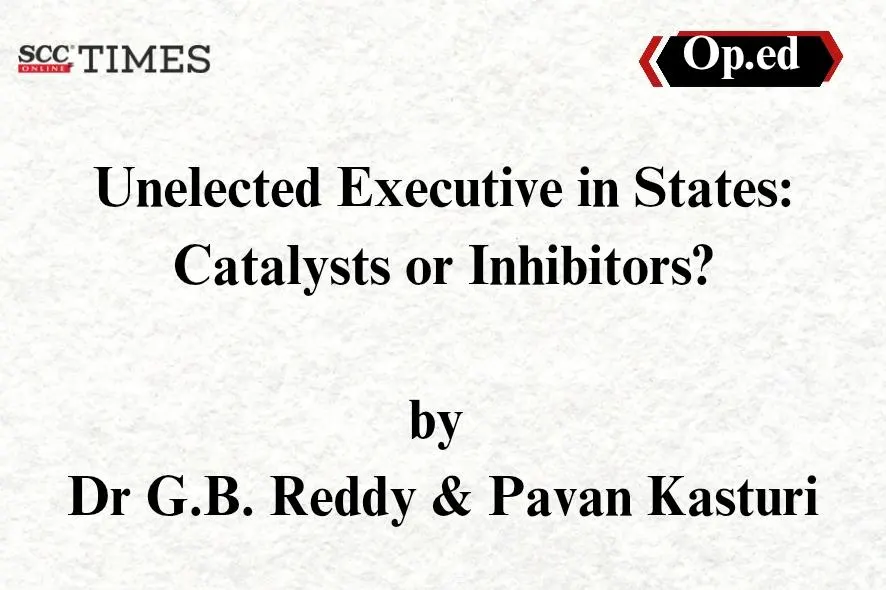Born on 10-01-1964, in Solapur, Maharashtra, into a family with a legacy of legal excellence and social reform, Justice Nitin Madhukar Jamdar’s life and career reflect a commitment to public service and judicial innovation.
Early Life and Education1
Justice Jamdar was born on 10-01-1964, in Solapur, Maharashtra and hails from a family deeply rooted in law and social reforms. His grandfather, S.N. Jamdar, was a distinguished lawyer and a District Government Pleader who also played a pivotal role in establishing various social and educational institutions in Solapur. Notably, he was imprisoned during India’s freedom struggle.
Justice Jamdar’s grandmother, R.S. Jamdar, was a tireless social worker, renowned for creating institutions aimed at empowering women. This tradition of sacrifice and service extended to his uncle, Flight Lieutenant Shashikant Jamdar, who gave his life for the nation at the border in 1962.
Justice Jamdar’s father, M.S. Jamdar, carried forward the family’s legacy in law and became a leading advocate in Solapur. He established the city’s first Law College. He later served as a Judge of the Bombay High Court until his retirement in 1986.
Justice Jamdar’s education laid a solid foundation for his illustrious career. He completed his schooling at various institutions across Maharashtra. He earned degrees in Commerce and Law from Sydenham College and Government Law College in Mumbai, completing his formal education with distinction.
Career as an Advocate2
Justice Nitin Madhukar Jamdar began his legal practice in 1989, specialising in administrative and constitutional law. Over the years, he represented various public bodies, including Zilla Parishads, Municipal Corporations, and Universities. His expertise was also recognized by the judiciary and the government, as he served as Standing Counsel for the High Court administration and the Union of India.
Judgeship
Justice Jamdar was elevated as a Judge of the Bombay High Court on 23-01-2012. His tenure in the judiciary has been marked by innovation and dedication.3
-
Did You Know? Justice Jamdar being a strong advocate for the use of technology in judicial processes, spearheaded the establishment of the first e-Court in the Bombay High Court in 2013.4
Justice Jamdar’s contributions to the development of model rules for digitized proceedings and his role in the Artificial Intelligence Committee highlight his forward-thinking approach. He is also a Certified Master Trainer for the Case Information System (CIS) program.
Justice Jamdar was appointed as Acting Chief Justice of the Bombay High Court with effect from 31-05-2023.5 On 26-09-2024, Justice Jamdar was elevated as the Chief Justice of the High Court of Kerala.6
Role in Legal Education7
In addition to his judicial responsibilities, Justice Jamdar has been deeply involved in legal education and training. As Chairperson of the Maharashtra Legal Services Authority and the Daman and Diu Legal Services Authority, he introduced several initiatives, including free 40-hour mediation training courses for advocates.
-
Did You Know? During his tenure as Director of the Maharashtra Judicial Academy, Justice Jamdar pioneered the establishment of the first digital classroom for Judges in any Judicial Academy in India.8
Justice Jamdar’s leadership extended to academic and advisory roles. He was a Member of the Governing Council of the National Law University, Mumbai, and served as Chairperson of the Advisory Board for Detention Matters in Maharashtra.
Important Judgments by Justice Nitin Jamdar
In Manohari R. v. Tahsildar (Revenue Recovery), 2024 SCC OnLine Ker 7102, a writ appeal filed against the impugned judgment of the Single Judge wherein the appellant’s writ petition was summarily dismissed as not maintainable, the Division Bench of Nitin Jamdar*, CJ. and S. Manu, J. setting aside the impugned decision and restoring the petition, held that the mere availability of alternative remedy cannot be a ground for dismissal of a writ petition as non-maintainable. The Court highlighted the difference between maintainability and entertainability of a writ petition and restored the appellant’s petition by quashing the impugned judgment.
“There is a difference between entertainability and maintainability of a writ petition. Even if alternate remedy is available to the Petitioner, that cannot be a ground to hold the writ petition under Article 226 of the Constitution of India against an administrative authority as “not maintainable”.”
In X v. Union of India, 2024 SCC OnLine Ker 6645, an appeal filed under Section 5 of the Kerala High Court Act, 1958 challenging the judgment and order, wherein the Single Judge rejected the Petitioner’s request, the mother of the minor survivor girl, to medically terminate her pregnancy, Nitin Jamdar, CJ. and S. Manu, J. permitted the petitioner to go ahead with the medical termination of the pregnancy of her minor daughter as per the opinion of the Medical Board and that of the Psychiatrist.
In Vinod Valiyatoor v. X, 2024 SCC OnLine Ker 6591, a case involving an allegation of rape by a housewife against police officials at the Ponnani Police Station, the Division Bench, comprising of Nitin Jamdar,* CJ. and S. Manu, J., ruled that the Single Judge’s order must be set aside due to procedural irregularities. The Court noted that the writ petition had been filed without adhering to the proper procedural requirements, specifically bypassing the necessary procedure. Furthermore, the directions issued to the Magistrate were deemed inappropriate because none of the proceedings before the Magistrate were under challenge in the writ petition.
In Shramik Janata Sangh v. State of Maharashtra, 2024 SCC OnLine Bom 2745, a Division Bench of Nitin Jamdar and M.M. Sathaye, JJ., directed the Department of Social Welfare to create a dedicated email address for each of the District Level Committees and Vigilance Committees and also create a Social Media handle where citizens and non-governmental organizations could report instances of manual scavenging, which the District Level Committee and Vigilance Committee could examine as this would aid in ensuring that manual scavenging did not take place.
In Surekha Luxman Sonovane v. State of Maharashtra, 2024 SCC OnLine Bom 2348, a tragic case, a petition was brought before the Court by the mother (‘petitioner’) of a deceased college student, who contended that her daughter had passed away due to the lack of adequate medical facilities at the College. The Division Bench of M.M. Sathaye and Nitin Jamdar*, JJ., after perusing a Circular issued by the HTE Department on 10-07-2024 regarding the provision of basic medical facilities at educational institutions, issued directions to the HTE and Education Department(s) that-the Circular shall specify the consequences for non-compliance; shall be widely publicised; and other directions in the interest of the well-being of the students, their parents, and the staff members of the educational institutions within the purview of the HTE and Education Department(s).
In Satyawati Sudhir Joshi v. State of Maharashtra, 2024 SCC OnLine Bom 2253, a Division Bench of Nitin Jamdar* and M.M. Sathaye, JJ., decided on a petition filed by a retired university professor, aggrieved of the respondents’ indecision on the status of her pensionary benefits. The respondents contended that certain formalities were not performed on the part of Respondent 3, the Savitribai Phule Pune University (“University”), thereby rendering the petitioner ineligible for pensionary benefits. The Court observed the non-performance of formalities on the part of the university was not the petitioner’s fault, and thereby instructed the university to perform the requisite formalities and directed the respondents to take a decision on the same within eight weeks. Notwithstanding, the Court held that given the undisputed and unobjected service of twenty-three years of the petitioner, they were entitled to pensionary benefits.
In Dattaram Atmaram Sawant v. Vidharbha Konkan Gramin Bank, 2024 SCC OnLine Bom 1253, the question was whether the petitioners had lost their right to encash privilege leave because they resigned from the services of the respondent-Vidharbha Konkan Gramin Bank (‘the Bank’). The Division Bench of Nitin Jamdar* and M.M. Sathaye, JJ., opined that any attempt to deprive an employee of pension, gratuity, or leave encashment without a statutory provision, is untenable. Thus, the Court held that the petitioner’s accrued right of encashment of privilege leave could not be rejected by the Bank and therefore, directed the Bank to pay the amount of leave encashment to the petitioners along with interest at 6% per annum.
In Prachi P. Kulkarni v. State of Maharashtra, 2024 SCC OnLine Bom 1351, the petitioners who are retired employees of Respondent, Shreemati Nathibai Damodar Thackersey Womens University (‘University’), seeks payment for their pensionary benefits which are not being paid as per the 7th Pay Commission. The Division Bench of Nitin Jamdar and M.M. Sathaye, JJ., directed the University to commence payment of pensionary benefits to petitioners including dearness allowance as per 7th Pay Commission from 1-7-2024 onwards.
In Shramik Janata Sangh Through Its General Secretary v. State of Maharashtra, 2024 SCC OnLine Bom 1202, a petition filed by Shramik Janata Sangh (petitioner 1), an association espousing the cause of manual scavenging workers and father (petitioner 2) of such a worker who has died while manual scavenging seeking amendment in the previous order to incorporate details of this unfortunate death and claim for payment of compensation, a Division Bench of Nitin Jamdar and M.M. Sathaye, JJ. directed the Secretary of the Department of Social Justice and Special Assistance to file a reply and affidavit regarding the fulfillment of requisites of the Prohibition of Employment as Manual Scavengers and Their Rehabilitation Act, 2013 (‘Act’).
“The Act of 2013 was enacted to prohibit the employment of manual scavengers and provide rehabilitation for them and their families. Article 46 of the Constitution of India mandates that the State must protect the weaker sections of society from social injustice and all forms of exploitation. The legislation recognizes that manual scavenging, a dehumanizing practice arising from the continuing existence of insanitary latrines and social factors, is still prevalent in various parts of the country.”
In Harish Shetty v. State of Maharashtra, 2022 SCC OnLine Bom 7507, a PIL highlighting serious issues of the non-implementation of the Mental Healthcare Act, 2017, in the State of Maharashtra, the Division Bench of Nitin Jamdar and Gauri Godse, JJ., came down heavily on the State government for non-functioning of the State Mental Health Authority under Section 45 of the Mental Health Act, 2017. The Court expressed,
“It is not clarified as to why Government Resolution has been issued on 15 December 2022 for appointment of Chief Executive Officer of the State Mental Healthcare Authority, if the Authority was already established. If it was only a change of Chief Executive Officer, the Government Resolution would have been in a different manner.”
In Nalini Nagnath Uphalkar v. Nagnath Mahadev Uphalkar, 2022 SCC OnLine Bom 4075, an appeal filed by wife challenging the judgment and decree dated 22-11-2005, passed by the Family Court whereby the marriage was dissolved by a decree of divorce under Section 13 of Hindu Marriage Act, 1955 on the ground that the allegations constitute an act of cruelty, a Division Bench of Nitin Jamdar and Sharmila U Deshmukh JJ., held that making false and baseless allegations by the wife pertaining to the character of the husband and labelling him as an alcoholic and womanizer constitutes “cruelty” within the meaning of Section 13(1)(i-a) of Hindu Marriage Act, 1955.
“Cruelty can broadly be defined as a conduct which inflict upon the other party such mental pain and suffering as would make it not possible for that other party to live with the other. While considering the conduct of a party, in the context of “cruelty” as contemplated under the provisions of Section 13(1)(i-a) of Hindu Marriage Act, 1955, the strata of the society to which the parties belongs is also relevant.”
In Chanda Deepak Kochhar v. ICICI Bank Ltd., 2020 SCC OnLine Bom 374, a petition filed by ex-MD of ICICI Bank Limited, Chanda Kochhar, regarding the challenge towards her termination order, a Division Bench of M.S. Karnik and Nitin Jamdar,* JJ., held that the termination order not maintainable as a writ would not lie to enforce purely private law rights. The Court stated that merely because the approval under section 35-B(1)(b) is questioned, that cannot infuse a public law element in this dispute, which remains a contractual dispute. For the contractual remedies, the petitioner will have to approach the appropriate forum and not writ jurisdiction.
“ICICI is a private body. It is not an instrumentality of the State. It receives no public funding. Service conditions of the petitioner are not governed by any statute. The dispute raised in this Petition arises from a contract of personal service. The termination of the petitioner is in the realm of contractual relationship.”
In JK Paper Ltd. v. SEBI, 2020 SCC OnLine Bom 1378, A Division bench of Nitin Jamdar* and Milind Jadhav, JJ., observed that there is no duty on the SEBI Board while considering an exemption application under Regulation 29 of the Securities and Exchange Board of India (Share Based Employee Benefits) Regulations, 2014, to give a personal hearing. The Court held that functioning of SEBI will be hampered if the exercise of its every power is preceded by mandatory personal hearing, whether the regulation provider for it or not.
“It is a settled position that the requirement of compliance with the principle of natural justice can vary in different situations and conditions. Even where situations where principles of natural justice require an opportunity of hearing, it does not in all circumstances mean a personal hearing.”
In Saket S. Gokhale v. Union of India, 2020 SCC OnLine Bom 2313, a Division Bench of Nitin Jamdar* and Milind Jadhav, JJ., took strong objection to the fact that despite the Office Memorandum dated 07-10-2016 [specifying that the personal details of the applicants under Right to Information Act should not be put up on the website], for four years, 4,474 RTI applications with personal details of the applicants were uploaded on the website of the Ministry of Information and Broadcasting. According to the Court, looking at the magnitude of the lapse, it cannot be treated as just a routine internal matter. The Court also placed the responsibility of ensuring that necessary enquiries are conducted and that too in a time bound manner upon the highest official in the Ministry, the Secretary.
* Judgment authored by
1. JUSTICE NITIN JAMDAR, High Court of Kerala.
2. JUSTICE NITIN JAMDAR, High Court of Bombay.
3. Supra.
4. JUSTICE NITIN JAMDAR, High Court of Kerala.
5. President appoints Justice Nitin Jamdar as Acting Chief Justice of Bombay High Court, SCC Times.
6. September 2024 Judicial Appointment Tracker | 24 Collegium Recommendations; 15 HC Appointments and 2 Transfers, SCC Times.
7. JUSTICE NITIN JAMDAR, High Court of Kerala.
8. Supra.










